May featured veterinarian Dr. Niccole Bruno: If people can’t be their authentic selves, we’re not seeking full inclusivity
Bruno is the CEO and founder of blendvet
by Mary Guiden
Dr. Niccole Bruno is the CEO & founder of blendvet, a veterinary certification program in diversity, equity, inclusion and belonging. As an Afro-Latina, Bruno's journey in veterinary medicine has presented its share of challenges. During her career, the experiences of racism, misogyny and stereotypical behaviors caused Bruno to develop a sense of disengagement from a profession she once dearly loved. Nevertheless, her perseverance prevailed and her passion for veterinary medicine resumed when she was offered the role of medical director for a veterinary hospital in Long Island, New York. Eight years as a hospital leader in New York City and Houston, Texas fueled her heartfelt endeavors to ensure a culture of diversity and inclusiveness.
Blendvet is supported by a diverse group of veterinary medicine leaders prioritizing the people of this industry. The aim of the company is to empower veterinary hospitals to understand their role in pipeline development and to create opportunities for leaders and their teams to learn about how to become more inclusive in the workplace. Bruno recently spoke with Veterinary33 about how she decided to launch blendvet and how it’s expanded in recent years.
Q: How did your journey in veterinary medicine play into the launch of blendvet?
Bruno: I am a small animal veterinarian by trade and have been practicing for 17 years. This last year, I spent pivoting from a clinician into a new chapter in my life within the diversity, equity, inclusion and belonging (DEIB) space. But before that, I started in New York City. I’m a New Yorker.
I knew at a young age that I wanted to be a vet. My mom quickly saw a lack of representation in this field, and I didn’t have a lot of guidance in the profession in my high school years. My mom provided those resources for me. This was before Google, so she researched magazines, newspapers and books at the library.
She tried to find volunteer work and opportunities for me. I always felt like an outsider. I went to Tuskegee University in Alabama for college. I met some amazing people there and I now work with them closely today. My academic advisor was not a veterinarian, but he had a Ph.D. in reproductive physiology.
It was inspiring to be around different people in the veterinary industry, and it was something I was not accustomed to. I applied to veterinary school in September 2001 (9/11). I applied to Cornell as my state school, and I was accepted into the veterinary medicine program.
I had an amazing experience at Cornell. I was fortunate to be a part of a diverse class, and we started a student organization that now goes by the acronym of VOICE, Veterinary Students as One Inclusive Community for Empowerment. This is now a national student organization with chapters in many veterinary schools in the U.S. and abroad.
It was a time where I and my fellow students wanted to show who we were and to honor our differences on campus. We sponsored Latinx events, and Black history month and did other events to show the diversity of the cultures on campus.
I had eight years of school between Tuskegee and Cornell where I felt a sense of belonging in veterinary medicine. When I joined the world of veterinary medicine in Long Island, I started to see the profession as I remember it: I didn’t feel like I fit in.
Like my early years, I was navigating and learning about veterinary medicine as a clinician while trying to assimilate into a culture that wasn’t reflective of me. I also have a younger sister who also happens to be a veterinarian. I observed her going through her own challenges in her journey. It was challenging to offer her guidance as I was disengaged myself. I thought maybe if I changed my environment, I would get that recharge.
I took an opportunity to pursue a leadership role at another hospital. One of the first things I did was, I looked at the neighborhood my practice was in. We had never had veterinarians or staff who spoke fluent Spanish. I thought that was a need based on my community. I wanted my hospital to be reflective of the diversity of our community.
I began to hire for diversity and skills that I and others did not have. I made sure I hired people willing to mentor and train people. I felt comfortable bringing students within our practice because I knew they would feel that sense of belonging.
I began to fall in love with veterinary medicine again. I wanted to be and do better for my clients. I relocated to Houston and had a similar experience as being the only person of color at the hospital. Once again language barriers and cultural differences were present. When I was promoted to medical director, I was able to build a team that was diverse and understanding of barriers that showed up in our examination rooms. We were able to improve our client education, build trust within our community and start to offer shadowing experiences for students.
We had to pause our outreach during the pandemic and our focus became about adapting to the new normal of curbside. Communication and empathy became even more important, and I was grateful to be surrounded by a team that was willing to grow together. The social unrest of the country also brought emotions that were hard to ignore as it was a part of us. I began to dive into DEIB work to improve my leadership and began to have difficult conversations. Things were happening in our profession that we hadn’t been talking about.
The concept of blendvet came to me late in 2020 and the rest is history at this point.
Q: It’s amazing that your diversity, equity, inclusion — and belonging — work started in your college years. How does that feel, coming full circle in creating Blend?
Bruno: At Cornell, what is now known as VOICE was started by my roommate in 2003. My classmates and I rebranded it to VOICE (Veterinary Students as One in Color and Ethnicity). Subsequent classes were able to secure funding from Zoetis and the name evolved. Now there are chapters at vet schools across the country.
Q: As you mentioned, you launched your company during the pandemic – what were those early days like?
Bruno: Early on, I was just trying to navigate this concept I had, and whether it was worth sharing and developing. I asked myself about whether I wanted to step into the entrepreneurial game or not.
While the pandemic brought starkness for some, for me in relation to Blend, it was an opportunity for me to meet so many people because of Zoom and the move to virtual conversations. I met a “tribe” in this space, people who have become advisors, speakers for Blend and mentors.
The pandemic created an opportunity for me to build a network of friends and colleagues and I feel blessed about that. I credit those early days with Blend getting its roots and beginning to grow because of the world we were living in at the time.
Q: What’s your philosophy and approach to diversity, equity, inclusion and belonging?
Bruno: I talk about that a lot. The “belonging” part is really what I always wanted as a young girl aspiring to be a veterinarian and in the early days of my career. Could I belong as myself?
When we talk about inclusion, we talk about everyone’s opinions being heard. But if people can’t be their authentic selves, we’re not seeking full inclusivity.
A lot of what I strive to do with this work is learning this concept together. It’s important to have those self-reflections. The magic occurs when we can sit down and have these uncomfortable conversations about how we can come up with solutions without there being so much turmoil.
Those were things I learned in real time during the pandemic. There was so much uncertainty. As a leader, you’re trying to be a leader to your team and create opportunities where the team feels comforted by you. But you’re also scared.
When we can discuss the vulnerability aspect and say, “Let’s focus together,” that creates a team, and a type of morale that we need in vet medicine.
The team I was with during the pandemic, I still get emotional thinking about those women. We were all supportive of each other and they were my cheerleaders as blendvet became an entity. We empowered each other to be better personally and professionally. We all became better leaders working together. Learning together and talking, we came up with the strategies together.
As Blend was getting traction and I was doing more speaking events, it was hard to wear the leadership hat at my clinic and be a full-time mom with young children, and a full-time veterinarian. I knew I needed to let go of something. I did relief work for the last year so that I could still be connected to practicing veterinary medicine.
Q: How, if at all, have you or has Blend been affected by the backlash in some parts of the country to DEI (diversity, equity and inclusion) initiatives?
Bruno: Knock on wood, it has not. I’m very aware of what’s happening in the country. It saddens me.
Diversity, equity, inclusion and belonging is not just about race and ethnicity. It’s about so much more. These are conversations we need to have in our profession as the world continues to change and become more diverse. We need to embrace those differences.
I live in the state of Texas and a lot of my work is also in Florida. I’m very aware of what’s happening and watching. Fortunately, there are vet schools, organizations and hospitals that believe in the same things that I do, and they believe in what Blend is trying to accomplish.
Q: You said in a recent interview with dvm360 that the veterinary profession is the least diverse of all medical professions. Since you were inspired at an early age to become a veterinarian, who were your role models and how have they influenced your career?
Bruno: There were role models within the veterinary space and many on the outside. One of them was certainly my mom.
My mom taught special education in New York City for more than 25 years. She’s now retired. She infused DEI perspectives into my life since she worked with deaf and hard-of-hearing children. She made sure we treated people the same even when they were different. When I think back on my life, the paths, and the people I’ve met, it’s not a surprise I’ve ended up in this space, really.
Having the background of an educator and knowing children need to see representation, my mom made sure from a young age that I had contact with a veterinarian of color. She helped me connect with Dr. Gerald Givan, who still practices in Yonkers, New York.
We had lost touch but we recently reconnected and we see each other at conferences now. It came full circle. He was in the audience when I gave my first DEI talk, and it was a full-circle moment for me.
During my educational years, my academic advisor, Dr. Ralph Noble, was not a vet but he had a PhD. He was so inspiring and pushed me and my classmates to realize our dreams in veterinary medicine.
At Cornell, a lot of my professors were supportive. But I still struggled to find someone that looked like me at the university. It became about my classmates, and how we supported each other. My roommate Dr. Ebony Joyce was someone I looked up to. It was like a peer mentorship.
I am grateful to have found a mentor as I have pivoted in my career. Dr. Laura Clark has been a huge support in this endeavor as I balance being a business leader, speaker and traveling while being a wife and mother.
Q: Tell us about your pipeline events, including the Day of Service at the VMX in early 2023, and the reactions you see from young people and their parents.
Bruno: I was so excited about the event. There were times when I looked around and thought: this is amazing, seeing young people do CPR, learning new things and asking questions. It takes you back to when you were that age. I didn’t have this type of opportunity but I’m glad it exists now. I was interviewed a couple of times at the pipeline event, and I teared up several times. To see an idea become a reality was surreal.
We also held a program for parents at the VMX. My mom — who was phenomenal in her support and guidance to help my sister and me navigate through veterinary school —spoke to the parents about what she did and what they can do now to support their students through the pipeline.
The parents really appreciated hearing from her. That’s one of the things we need to focus on, making sure the parents and people who support these children are aware of how they can be helpful.
I got an email from a mom who said: My daughter enjoyed this so much, please invite us back next year.
Blendvet is partnering with St. Petersburg Technical College on June 10, 2023, for another student event. I was able to extend the invitation to the parent who reached out to me, and she registered her daughter for this event as well. We hope to have at least 50 students at the event. We are grateful to the college and veterinary stakeholders for supporting this event through sponsorship, time and resources.
Q: What else would you like people to know about Blend?
Bruno: I’ve been fortunate to have organizations help to connect me and lift my platform, from dvm360, ASPCA, AAHA and Hill’s Pet Nutrition.
Their support has allowed me to grow a program, have a learning management system and work with veterinary schools to infuse DEIB into our profession. It’s been an amazing past year to see our program evolve and witness the impact it has had on organizations, teams and veterinary students.
I will continue to work with veterinary schools and continue to train students in this space as it is just as important as medicine. How we cultivate relationships with our clients and teams requires cultural humility and awareness of differences. We’ll focus on how we maintain our health and welfare in this profession and create environments of belongingness and diversity.
As for the pipeline events, I hope to have enough organizations join us in this work so that students get their shadowing experiences early on. We will build it from within. Having a healthy culture within veterinary medicine is vital as it radiates within the walls of our workplaces. Students that were never interested in veterinary medicine might choose it for their career. That would be my big dream. But we all have to roll up our sleeves and get to work.
Learn more about the June 10 pipeline event in St. Petersburg: https://www.veterinary33.com/events/scheduled-events/1494/believe-belong-in-veterinary-medicine-june-10-st-petersburg-college.html



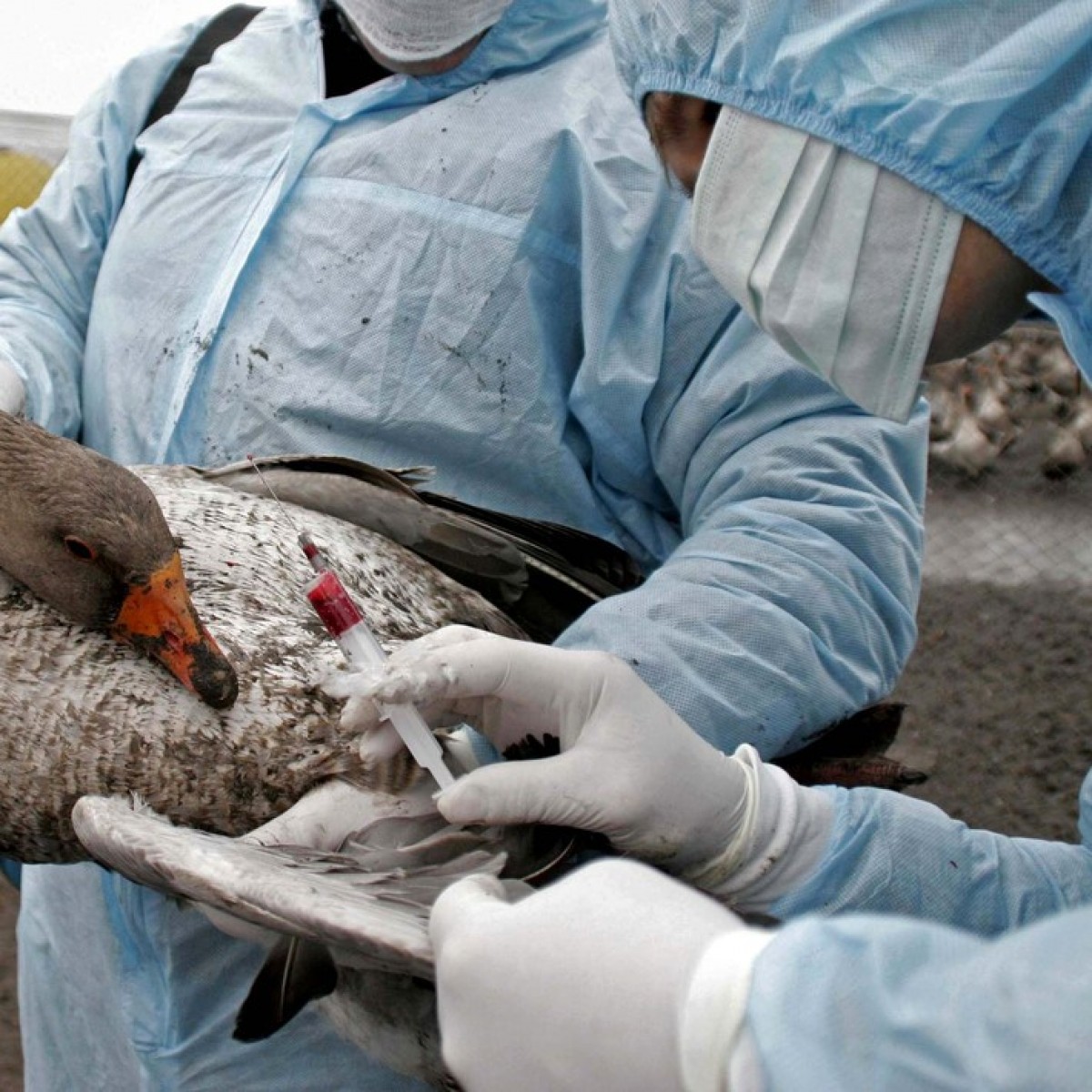
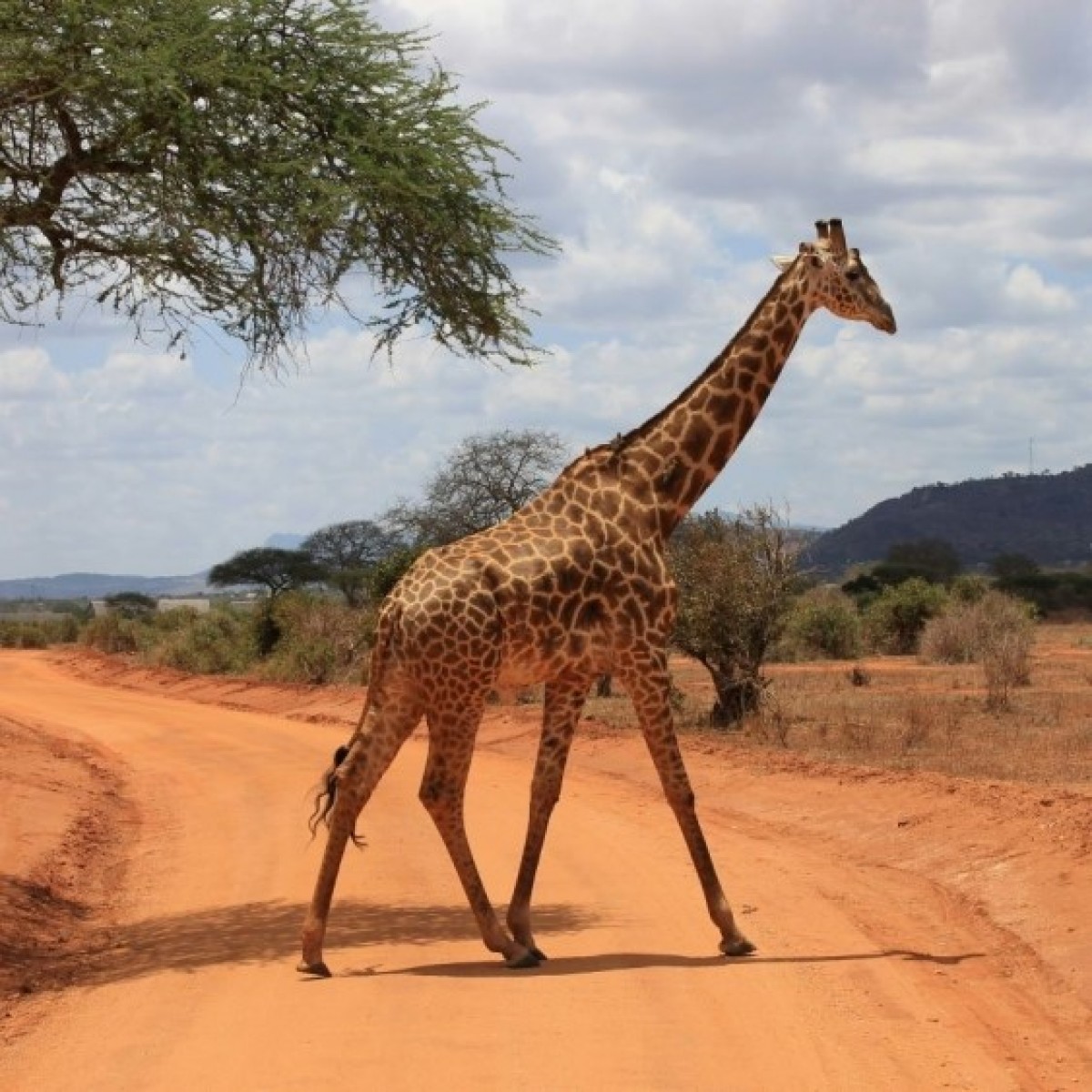

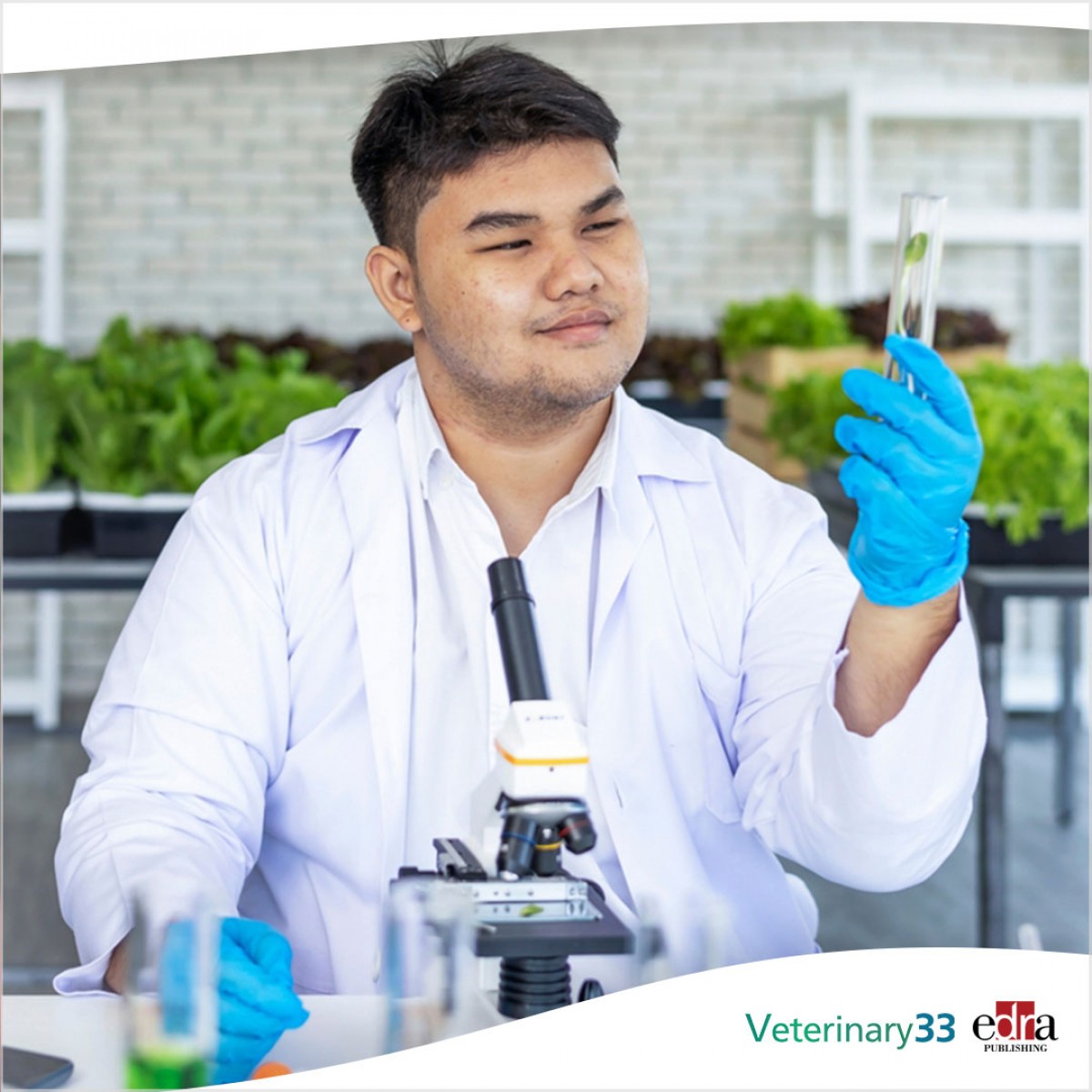

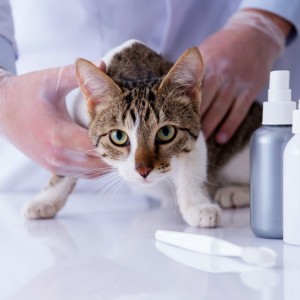
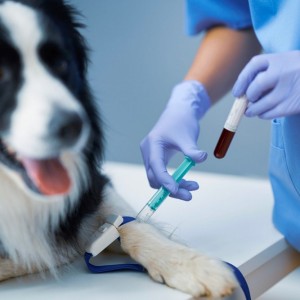

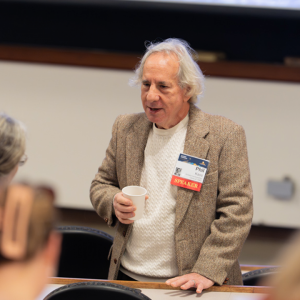

List
Add
Please enter a comment